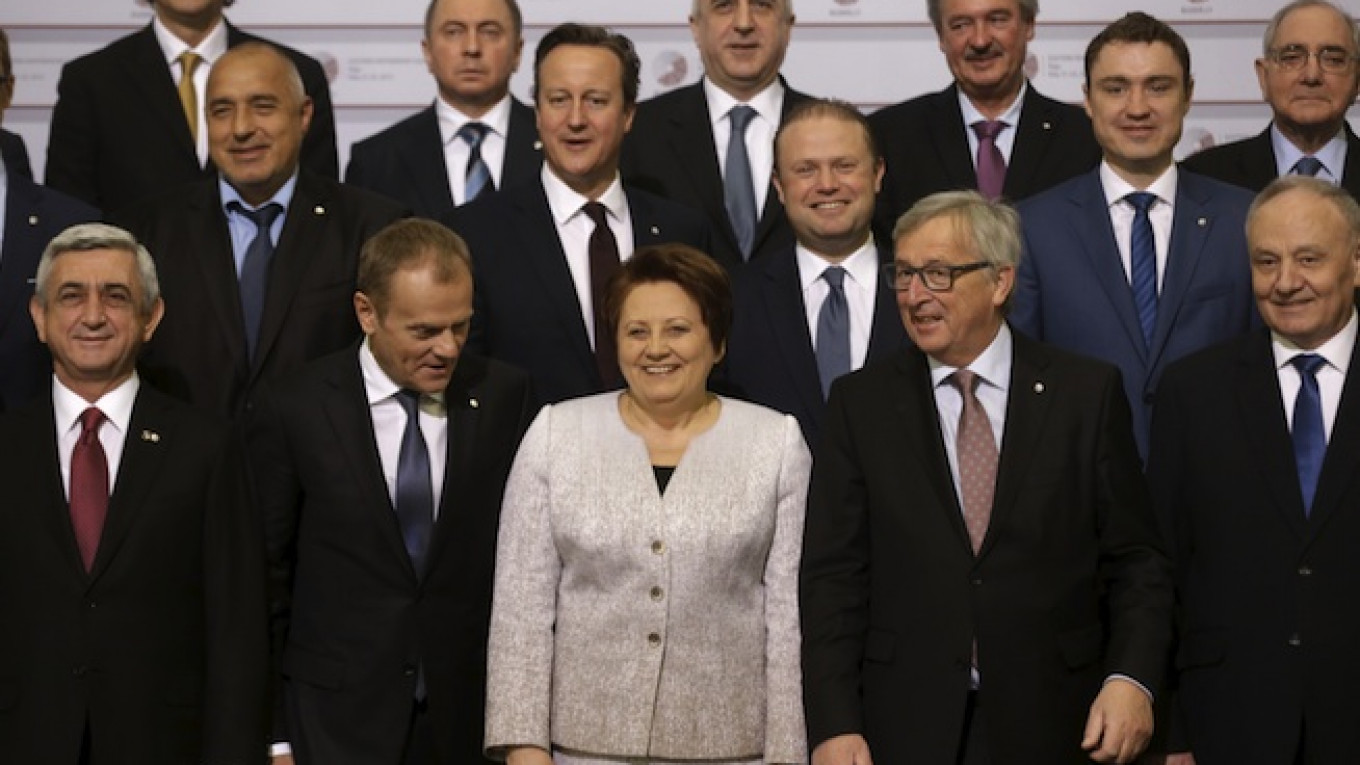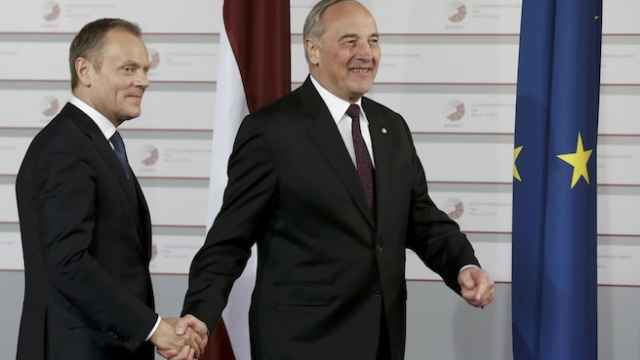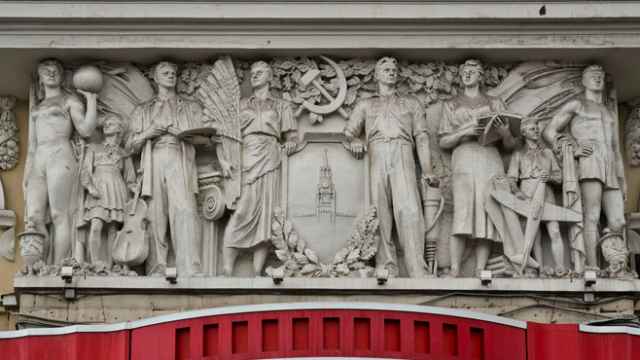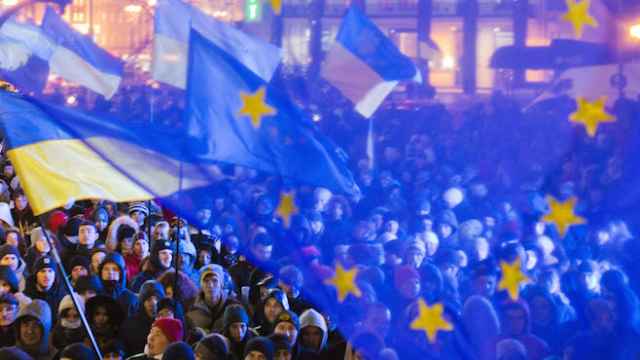RIGA — Leaders of the European Union and six former Soviet republics concluded a summit in Riga on Friday by issuing a joint declaration on maintaining their "Eastern Partnership," despite differences on key issues.
Highlighting how the previous such meeting 18 months ago in Vilnius triggered an East-West confrontation with Russia, the text included a complex reference to Moscow's annexation of Crimea last year that satisfied Ukraine as well as Armenia and Belarus, which supported Russia in a UN vote on the issue.
A final news conference was held up by an hour while summit chair Donald Tusk telephoned Azeri President Ilham Aliyev. EU officials said it was to soothe concerns Aliyev had about a line in the text relating to Azerbaijan's conflict with fellow Eastern Partner state Armenia over Nagorno-Karabakh.
Tusk himself played down those differences at the news conference, saying the call was more about the way the bloc was taking a "differentiated" approach to the six ex-Soviet states, which have very different interests in joining the Western bloc.
Tusk insisted their had not been a rift with the oil-rich, Muslim state on the Caspian Sea: "Azerbaijan wants to strengthen cooperation with the EU," Tusk said.
Of the six eastern partner states: Ukraine, Georgia and Moldova are pressing hard for closer ties with the EU; Azerbaijan, where the EU complains of human rights abuses under Aliyev, follows a more neutral line; and Armenia and Belarus have tended to see more in common with Moscow.
A Message from The Moscow Times:
Dear readers,
We are facing unprecedented challenges. Russia's Prosecutor General's Office has designated The Moscow Times as an "undesirable" organization, criminalizing our work and putting our staff at risk of prosecution. This follows our earlier unjust labeling as a "foreign agent."
These actions are direct attempts to silence independent journalism in Russia. The authorities claim our work "discredits the decisions of the Russian leadership." We see things differently: we strive to provide accurate, unbiased reporting on Russia.
We, the journalists of The Moscow Times, refuse to be silenced. But to continue our work, we need your help.
Your support, no matter how small, makes a world of difference. If you can, please support us monthly starting from just $2. It's quick to set up, and every contribution makes a significant impact.
By supporting The Moscow Times, you're defending open, independent journalism in the face of repression. Thank you for standing with us.
Remind me later.






